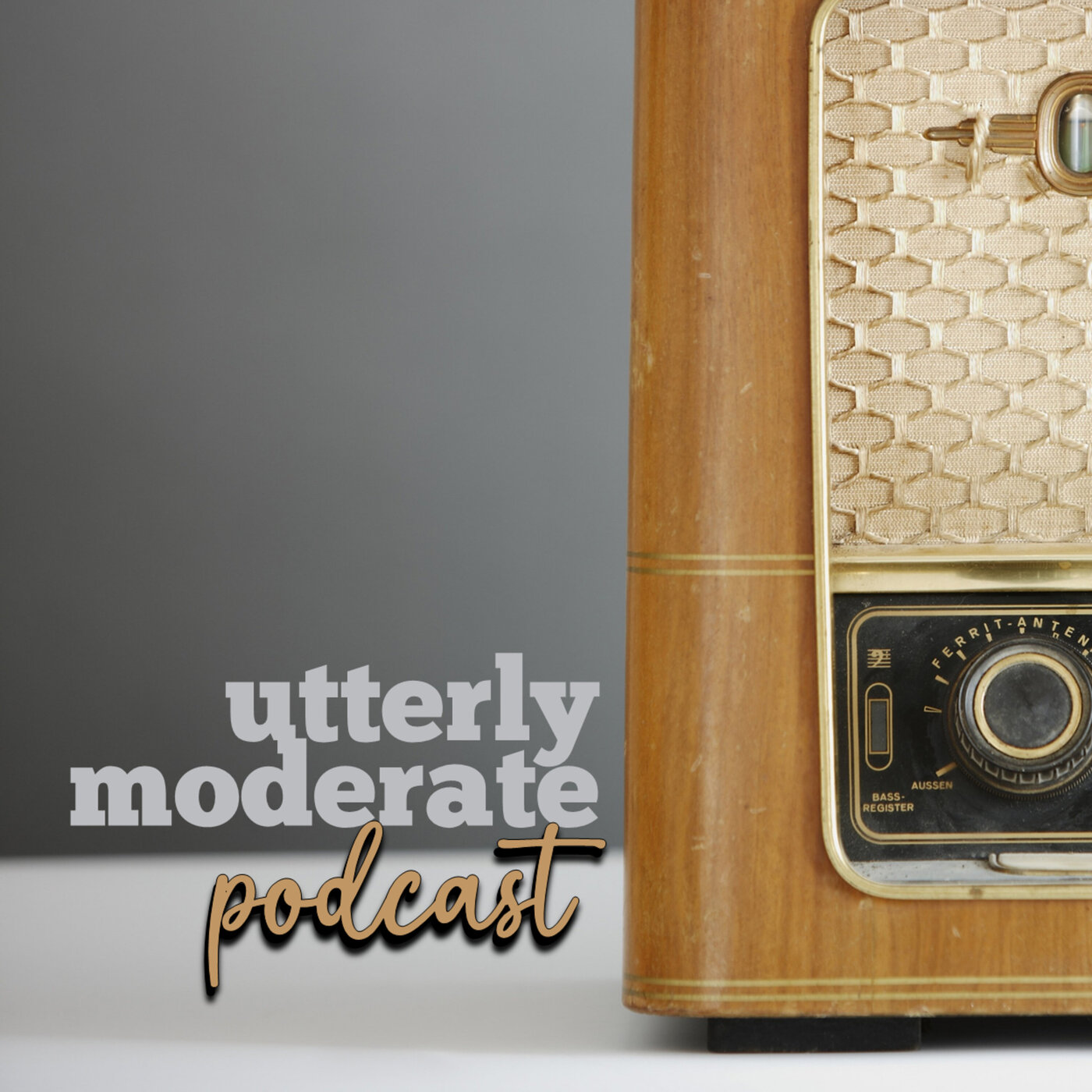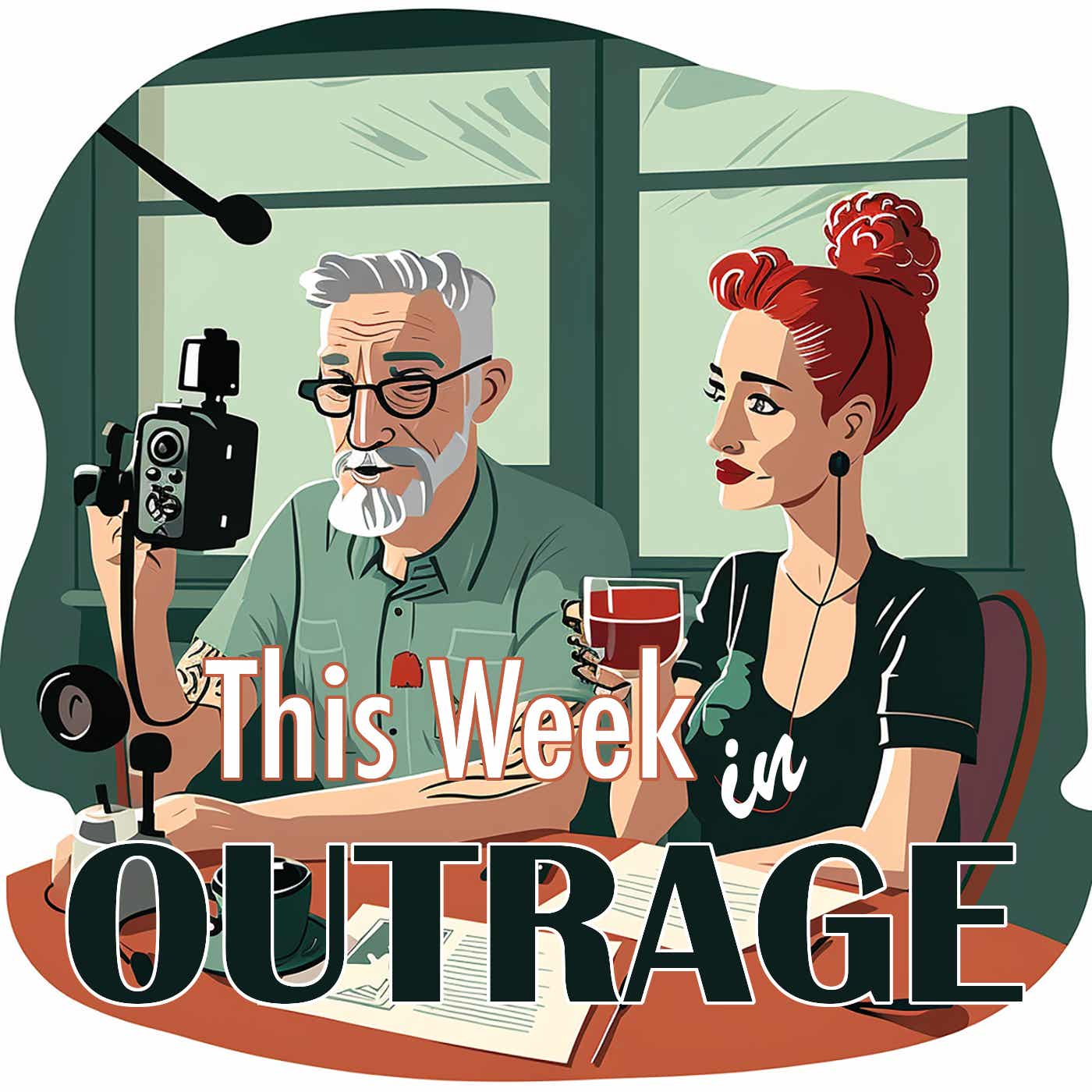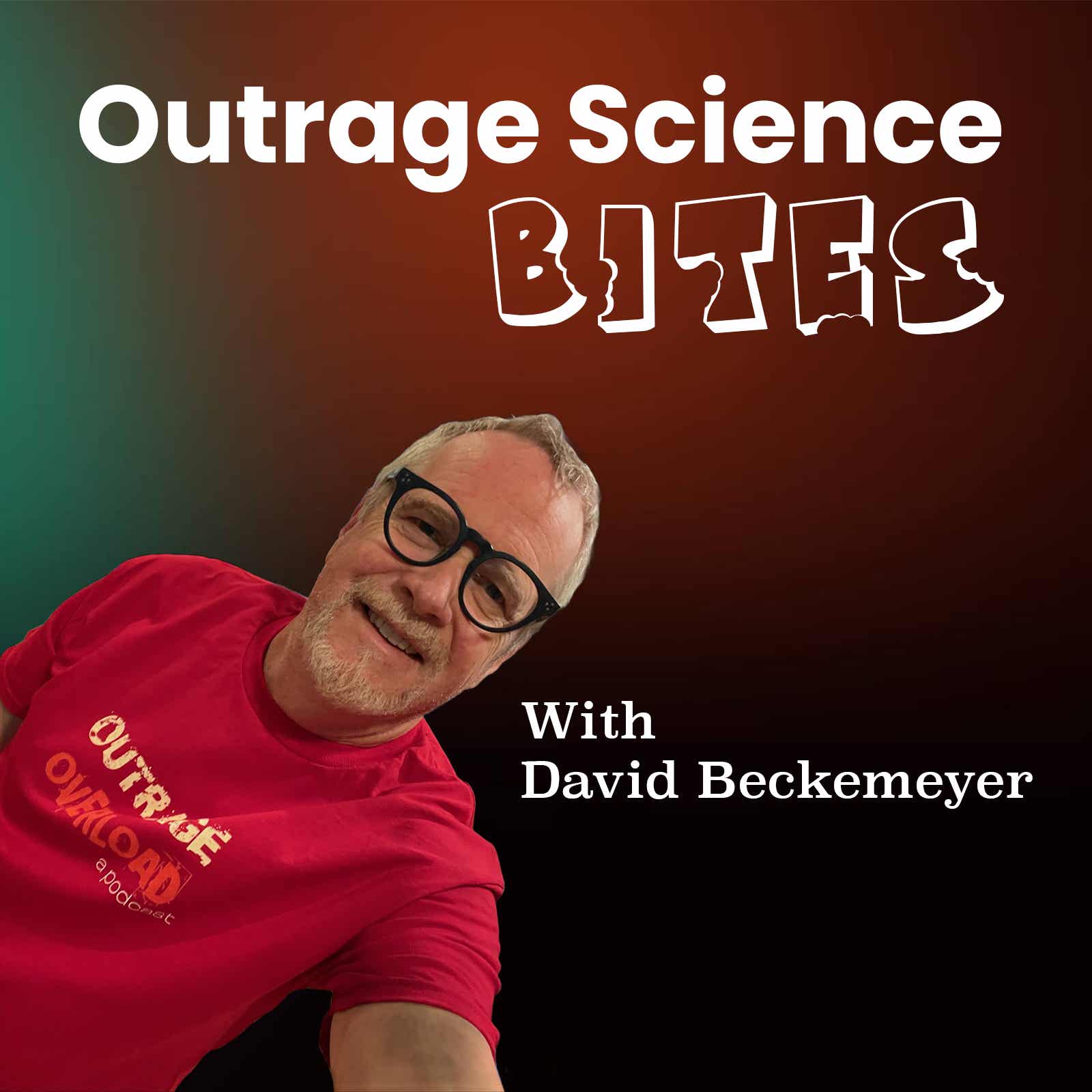
Outrage Overload: Rethinking politics, division, and media
If you're angry, frustrated, or scared about the state of politics and media and looking for thoughtful, balanced discussions, this podcast is for you. About 30 minutes every few weeks. It will change your life.
Outrage Overload explores the extreme polarization and political bias dominating politics and media today. We dive into the anger and outrage that drive divisions between people, distort the news, and fuel political violence. Each episode features leading scientists, researchers, authors, and community leaders tackling topics like outrage fatigue, toxic polarization, extremism, healthy conflict, disinformation, social media's role in outrage, and the influence of technology and artificial intelligence.
Join us to rediscover humanity in your rivals, improve your mental health, and find practical strategies to feel less stressed and more in control in a world fueled by outrage.
Outrage Overload helps listeners with critical questions about outrage culture, political polarization, misinformation, and media manipulation—offering science-based insight, expert interviews, and practical tools to stay grounded in a divided world.
If you’ve ever asked yourself…
• How can I stay politically informed without feeling outraged or exhausted all the time?
• Why is political polarization getting worse, and what can we do about it?
• What exactly is outrage culture, and how does it manipulate us?
• How do I talk about politics without it turning into a fight?
• Am I being misled by the media? How can I tell?
• What’s the psychological toll of living in an outrage-driven media environment?
• How can I build critical thinking skills to make sense of today’s news?
• What role does social media play in fueling outrage and misinformation?
• Is it possible to care about politics without losing your mind?
• What practical tools or insights can help me deal with toxic politics and media?
…then this is the politics show you didn’t know you needed.
Join host David Beckemeyer—science communicator and founding CTO of EarthLink—as he explores the mechanics of outrage, speaks with experts in psychology, media, and political science, and equips listeners with strategies for navigating today’s high-conflict culture with emotional resilience, critical thinking, and civil discourse.
Outrage Overload: Rethinking politics, division, and media
50. I got to the point where I just didn't even want to consume the news anymore - Julie Rose
Why Embracing Complexity and Nuance is Critical for Personal Growth and Informed Decision-Making
We sit down with Julie Rose, host of the Top of Mind podcast, to explore her journey from feeling overwhelmed by the negativity in the news to fostering thoughtful, nuanced conversations. Julie shares how she broke free from the media’s tendency to oversimplify and polarize issues, focusing instead on curiosity and complexity.
Tune in to hear Julie’s practical strategies for staying informed without burning out—like setting time limits, diving deeper into topics that matter, and seeking out diverse viewpoints. She also discusses the surprising benefits of engaging in meaningful dialogue with people you disagree with, and how this can lead to stronger, more well-rounded perspectives.
If you're looking for ways to navigate today’s media landscape with more mindfulness and less outrage, this episode is for you!
Show Notes:
https://outrageoverload.net/
Contact me, David Beckemeyer by email outrageoverload@gmail.com. Follow the show on Instagram @OutrageOverload. We are also on Facebook /OutrageOverload. Check out our Subtstack https://outrageoverload.substack.com
HOTLINE: 925-552-7885
Got a Question, comment or just thoughts you'd like to share? Call the O2 hotline and leave a message and you could be featured in an upcoming episode
If you would like to help the show, you can contribute here. Tell everyone you know about the show. That’s the best way to support it.
Rate and Review the show on Podchaser: https://www.podchaser.com/OutrageOverload
Also check out our companion podcasts, This Week in Outrage and Outrage Science Bites.
Intro music and outro music by Michael Ramir C.
Many thanks to my co-editor and co-director, Austin Chen.
Podcasts we love
Check out these other fine podcasts recommended by us, not an algorithm.

Utterly Moderate Podcast
Connors Institute
The How To Podcast Series - Revolving Guest Co-Hosts, Podcast Tips and A Community for Podcasters
Dave Campbell, Ontario Canada
This Week in Outrage
David and Lisa Beckemeyer
Outrage Science Bites
David Beckemeyer
Long Covid, MD
Dr. Zeest Khan
Bill Monty's Guide For Getting Older
Bill Monty
